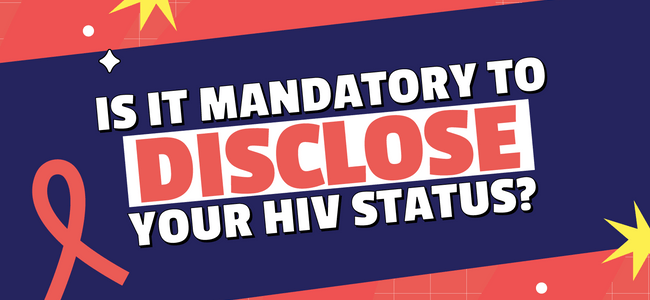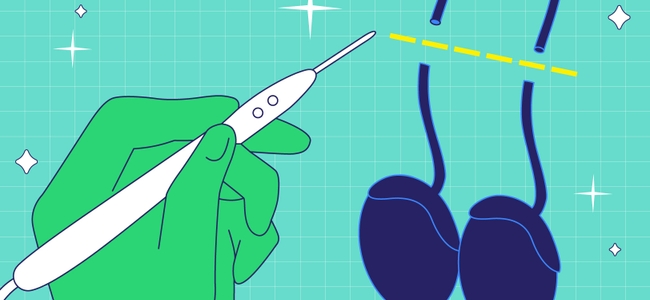When do birth control pills start working?
The first thing you need to know is that the best time to start taking the pill is on the first day of your period. This is because you get immediate protection from the risk of getting pregnant. However, it is also okay to start taking the pill at any other time, the only difference is that you will need to use a backup contraceptive, like a condom, for the first seven days.
Do you have to take combined pill at the same time?
To achieve the highest protection from the combined pill, it is recommended to take the pill every day at the same time, no matter what, and start a new pack of pills on time. While your pills can remain effective even if you take them at different times on different days, taking them at the same time reduces some side effects and helps you to remember to take the pill. Any missed pills should also be taken as soon as possible. Missing a pill increases your risk of getting pregnant and may worsen your side effects [3]. If you are likely to forget to take the pill on time, it is advisable to either set an alarm to remind yourself or link the pill-taking to a daily routine activity, like brushing your teeth. [4].
Should I take my combined pill at the same time every day?
The pill takes discipline. You need to remember to take your pill at the same time every day. If you do not take it simultaneously every day, it will not work as well.
There are various ways in which you can take the pill:
1. Regular periods option.
This option is for those who would like to bleed monthly. If using the 28-day pack, take the standard hormone pills for 21 days and then the seven non-hormone pills. After seven days, start on a new pack of pills. If using the 21-pill pack, take the hormone pills for 21 days, then take a seven-day break—no more—and then start taking the pills from the next pack.
You will get your period while you are taking the seven non-hormone pills or within the seven-day break if you are on the 21-pill pack. Please note that sometimes your period will come a bit later. It may also be lighter, with fewer cramps compared to your regular period. Either way, you will be protected from pregnancy during the seven days, provided you have taken your pills correctly and you start the next pack on time. You must start the next pack after seven days, regardless of whether you are still bleeding or not.
The combined contraceptive pill will not protect you from pregnancy if you forget two or more pills within one week.
2. Irregular periods option.
This option is for those who want to enjoy having their period only once in a while. To achieve this, you need to take the hormone pills continuously, every day, and avoid taking the seven non-hormone pills in most months. You can take the seven non-hormone pills whenever you want to have a period.
3. No period option.
This option is for those who want to avoid having a period altogether. To achieve this, take the hormonal pills continuously, every day, and do not take the non-hormone pills or take a break at all. This may mean taking the pills in the 21-pack nonstop.
With this option, you are protected from pregnancy unless you forget more than eight pills in a row. You can do this for as many packets of hormonal pills as you like, and you also have the option of taking the non-hormone pills to have your period whenever you want.
With this approach, you might notice some irregular bleeding and spotting at first, but this will disappear with time. [5]
There are many different pills available, and it can be a bit confusing. A health provider or trained community health worker can help you figure out which pill is right for you.
What happens if I miss taking my pill?
If you miss taking one or two pills, take a hormonal pill as soon as possible. Taking the pill up to 48 hours after the last one may cause irregular bleeding.
If I missed one birth control pill, can I take two on the same day?
If you miss taking your pill and you remember after your usual time has passed, you can take two within the same day, so long as they are at least 10 hours apart. Taking the pills closer than 10 hours could make you nauseous and lead to vomiting [6].
What if I threw up after taking the birth control pill?
If you vomit within two hours of taking a pill, take another pill, then continue taking the pills as usual.
What are the chances of getting pregnant when on birth control pills if I take antibiotics?
The only antibiotic known to reduce the effectiveness of hormonal birth control methods, including combined pills, is Rifampin. This drug, mainly used to treat Tuberculosis, interferes with the estrogen hormone and reduces its effectiveness in preventing pregnancy. If you are required to use Rifampin, talk to your healthcare provider about using another contraceptive method during that period.
Can I use combined pills as an emergency contraceptive?
Yes. Combined pills, taken in higher dosages, can be used as an emergency contraceptive. This has to happen within five days after having unprotected sex. If it has been 24 hours since you took your last pill, you should use a backup method like a condom for the next seven days.


